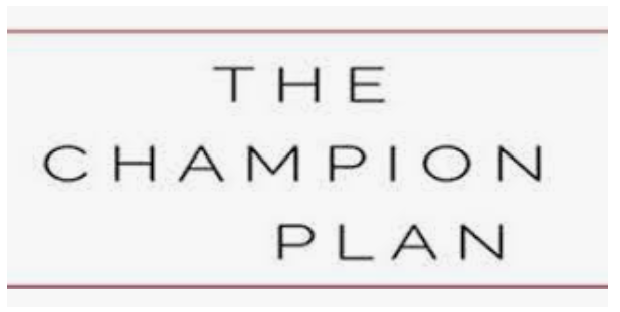A Massachusetts police department serves as an entryway to treatment and recovery from substance use disorder
Initiated by the City of Brockton, Massachusetts in 2016, the Champion Plan established the police department as the point of entry for individuals seeking treatment for substance use disorder (SUD). The program is modeled on the successful Gloucester, MA ANGEL Program and participates in the nation-wide Police Assisted Addiction and Recovery Initiative (PAARI), with over 400 police departments in 32 states. The program includes these stages:
- Voluntary entry into the police station by a person seeking treatment for SUD
- A warrant check for any outstanding offenses is conducted at intake
- If the individual has no arrestable offenses, and no history of substantial drug trafficking, placement and transportation is arranged to a treatment bed in collaboration with the local ambulance service
- The patient is assigned a recovery coach to help stay the course in treatment and maintain post-treatment recovery
- During and after treatment, follow-up with the individual at regular intervals up to 2 years after treatment is attempted by the recovery coach
An evaluation over a two year period found that the program averaged just over an hour of wait time for treatment slots, and 60% of attempts at follow-up were successful. Participants receive overdose prevention training and information on how to obtain naloxone. A news release about the program can be found here and a journal article on the program that links to research on similar programs is here.
The Brockton Police Department is also involved in a countywide initiative to provide outreach to overdose survivors called Plymouth County Outreach.
Data show 523 individuals walked into the Brockton Police Department 818 times looking for help during the first 24 months of operation.









